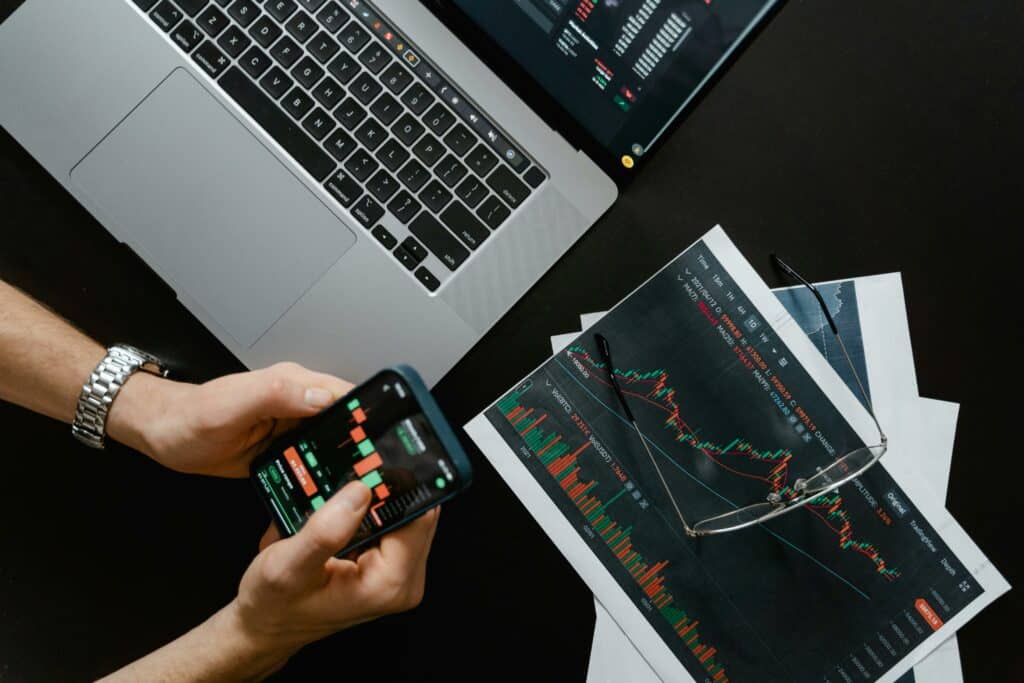The cryptocurrency market is gaining momentum. Today, it’s not just a space for tech-savvy people or crypto enthusiasts – it’s a sector where large companies, financial institutions, and firms tap into actively, regardless of all the instability and lack of regulations. One of the most common ways institutions use the crypto space is market-making, which acquires prominence in the developing crypto landscape.
Large financial organizations may partner with different trading platforms (e.g., Binance, Coinbase, KuCoin, etc.) and add liquidity to their trading markets, reducing price spreads and profiting from retail and institutional participation. Over 50 entities are serving as market makers worldwide. The largest share of market makers falls in Singapore and the USA (data by Cointelegraph Research).
So, who are market makers, and what is their role? Let’s find it out today.
How Market Makers Work
In digital assets markets, market makers are pivotal in mitigating sharp jumps in supply and demand. They contribute to price stability and create a more reliable trading environment. That is a hard job, given the price volatility in the crypto markets. Factors such as speculative trading and sharp market jumps hurdle the work of market makers, reducing their efficiency.
The primary role of market markets is to offer bid and ask prices for a digital asset simultaneously. To see how they work, let’s consider an example: a crypto market maker places an order on a crypto exchange to buy a token at $50 and simultaneously sets the asking price to sell it at $52. The difference between those prices is called “spread” and makes up a market maker’s profit margin.
The Role of Market Makers in the Financial Markets
The primary functions of market makers include:
- Liquidity provision. Market makers continuously quote buy and sell prices for various cryptos, ensuring there are always readily available buyers and sellers.
- Reducing bid-ask spreads. By placing competitive buy and sell orders, market makers help cut bid-ask spreads, making it cost-effective for traders to execute their orders.
- Market stability. Market makers mitigate price volatility by providing continuous liquidity. They help prevent rapid and drastic price fluctuations, creating a more predictable trading environment.
- Efficient price discovery. Market makers ensure that assets are traded at fair market price, as they actively contribute to the order book.
- Algorithmic trading. Many market makers use algorithms to automate trading decisions and respond rapidly to market movements.
Wrapping Up
Market makers are vital in establishing a liquid crypto market. Their activities enhance retail and institutional investors’ trading experience by promoting price stability, reducing costs, and ensuring that assets are readily tradable at any given time.

